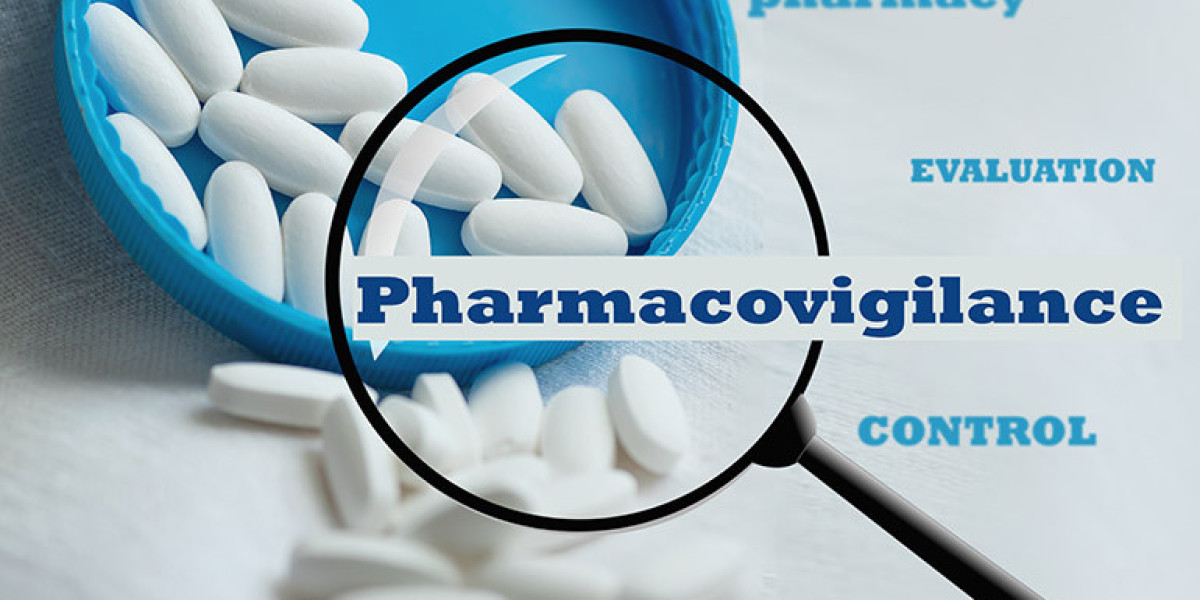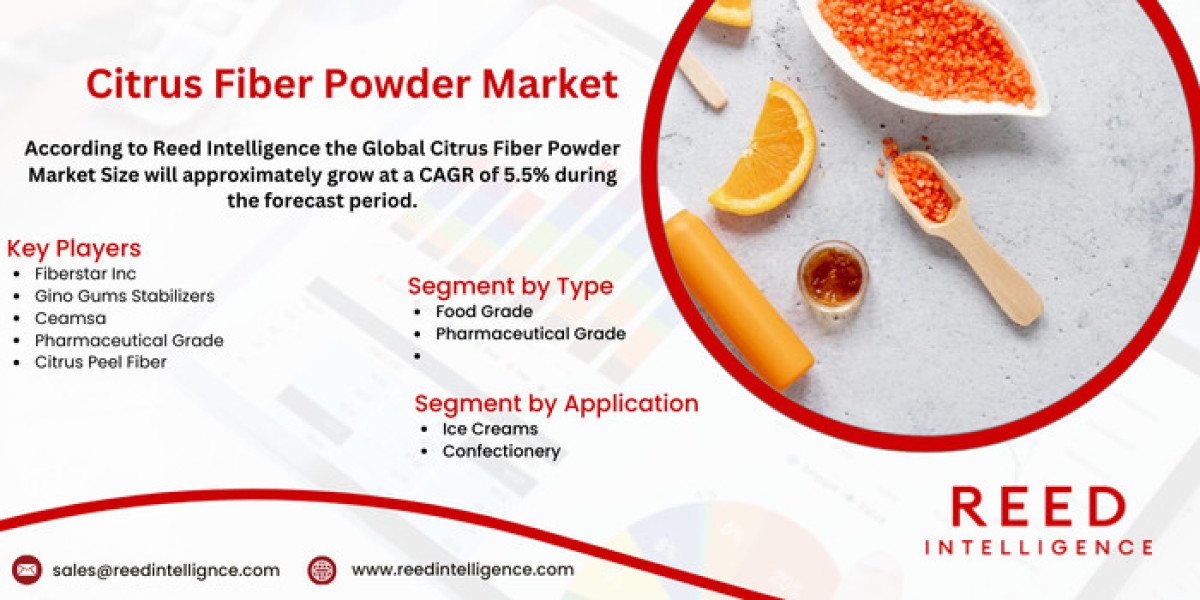The world of medicine is constantly evolving, with new drugs and treatments emerging all the time. But just like any new product, these medications need to be closely monitored to ensure their safety and effectiveness. This is where pharmacovigilance professionals come in, playing a vital role in safeguarding public health.
What is Pharmacovigilance?
Imagine pharmacovigilance (PV) as the eagle-eyed observer in the world of medications. It's the practice of monitoring the safety of drugs after they have been approved for use by the public. Pharmacovigilance professionals, also known as pharmacovigilance scientists or drug safety associates, are the guardians who track any potential side effects or risks associated with medications.
What do Pharmacovigilance Professionals Do?
A typical day for a pharmacovigilance professional can involve a variety of tasks:
- Collecting Data: They gather information on adverse drug reactions (ADRs), which are any negative side effects experienced by patients taking a medication. This data can come from various sources, including doctors' reports, patient registries, and clinical trials.
- Evaluating Data: Once the data is collected, pharmacovigilance professionals analyze it to identify any patterns or trends that might suggest a safety concern with a particular drug.
- Reporting Findings: They prepare reports summarizing their findings and submit them to regulatory authorities like the Central Drugs Standard Control Organization (CDSCO) in India. These reports help regulatory bodies make informed decisions about the safety of medications on the market.
- Communication: Pharmacovigilance professionals also play a crucial role in communicating drug safety information to healthcare professionals and the public. They may develop educational materials or participate in conferences to raise awareness about potential risks associated with certain medications.
Why is Pharmacovigilance Important?
Pharmacovigilance is essential for several reasons:
- Ensures Patient Safety: By monitoring drug safety, pharmacovigilance professionals help identify and prevent serious side effects that could harm patients.
- Improves Drug Use: The data collected through pharmacovigilance can inform healthcare professionals about the most effective and safest ways to use medications for their patients.
- Leads to New Discoveries: Analysis of ADRs can sometimes reveal new information about a drug's properties or interactions with other medications. This can lead to improvements in existing medications or the development of new ones.
Opportunities for Pharmacovigilance Professionals:
The field of pharmacovigilance is growing rapidly, creating exciting opportunities for qualified professionals. Here is the complete information you will need about Pharmacovigilance. Click here
- Pharmaceutical Industry: Many pharmaceutical companies employ pharmacovigilance professionals to manage the safety of their drugs throughout their lifecycle.
- Contract Research Organizations (CROs): CROs provide pharmacovigilance services to pharmaceutical companies on a contract basis. This can be a great option for those who enjoy a fast-paced environment.
- Regulatory Agencies: Government agencies like the CDSCO also employ pharmacovigilance professionals to oversee the safety of medications on the market.
- Hospitals and Clinics: Some hospitals and clinics have dedicated pharmacovigilance teams to monitor drug safety within their institutions.
Challenges of a Pharmacovigilance Career
While rewarding, a career in pharmacovigilance also comes with its own set of challenges:
- Data Analysis: The job can involve a lot of data analysis, which requires strong analytical skills and attention to detail.
- Working with Incomplete Data: Sometimes, data on ADRs can be incomplete or inaccurate, making it difficult to draw definitive conclusions about drug safety.
- Keeping Up-to-Date: The field of medicine is constantly evolving, so pharmacovigilance professionals need to stay up-to-date on the latest scientific developments and regulatory requirements.
Skills Required for a Pharmacovigilance Professional
If you're interested in a career in pharmacovigilance, here are some key skills you'll need:
- Science Background: A strong foundation in biology, chemistry, or a related science field is beneficial.
- Analytical Skills: The ability to analyze large amounts of data and identify patterns is crucial.
- Communication Skills: Being able to communicate complex scientific information clearly and concisely to both technical and non-technical audiences is essential.
- Attention to Detail: A meticulous approach to data collection and analysis is vital for ensuring the accuracy of pharmacovigilance work.
- Computer Skills: Familiarity with data management software and other relevant computer programs is often required.
Conclusion
The field of pharmacovigilance offers a challenging and rewarding career path for individuals who are passionate about public health and ensuring the safety of medications. With the growing importance of drug safety, the demand for qualified pharmacovigilance professionals is expected to continue rising in the years to come. To become a Pharmacovigilance professional, you will have to enroll in training institutes, and choosing the best one is crucial part. Hence, we have simplified that for you (click here) to find out Top 10 Pharmacovigilance Training Institutes in India.



